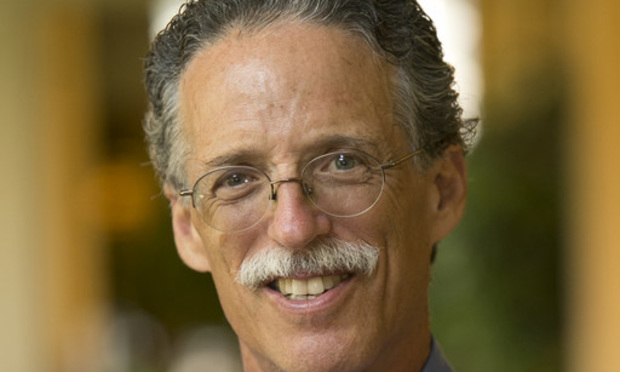Pennsylvania remains a Frye jurisdiction, with the threshold for expert discipline evidence being whether it has “general acceptance.” The goal is to let the specialists—those in the discipline who presumably know best—tell the courts what is reliable; and once that is resolved the issue is not to be revisited. Or so it has seemed, and so it has been posited. But two cases—one awaiting decision in the Pennsylvania Supreme Court and another recently issued by the Superior Court—call into question the conventional wisdom of how Frye issues are to be addressed in this commonwealth.
First, some background. Pennsylvania accepted Frye 42 years ago, in Commonwealth v. Topa, 471 Pa. 223, 369 A.2d 1277 (Pa. 1977). Quoting federal law, the Topa court emphasized the relative role of judges and scientists, explaining that with Frye “those most qualified to assess the general validity of a scientific method will have the determinative voice.” The role of judges seemed deferential: “Frye contemplated a judicial inquiry, informed by experts, into the general acceptance of the scientific methods used,” see Walsh v. BASF, 191 A.3d 838, 843 (Pa.Super. 2018).


 Jules Epstein
Jules Epstein




